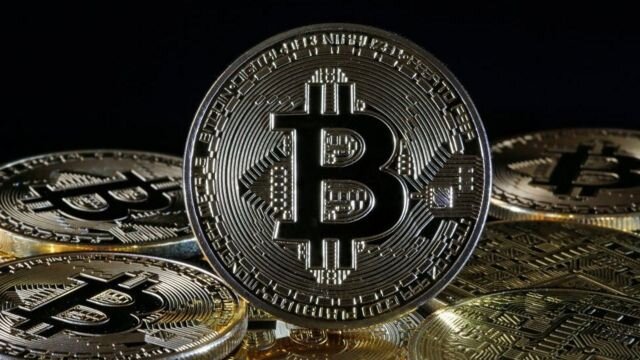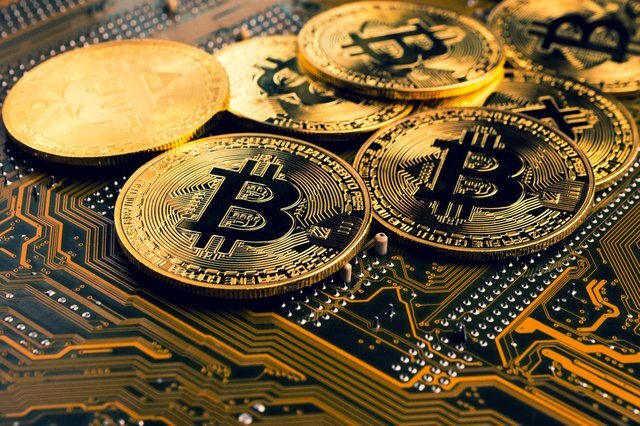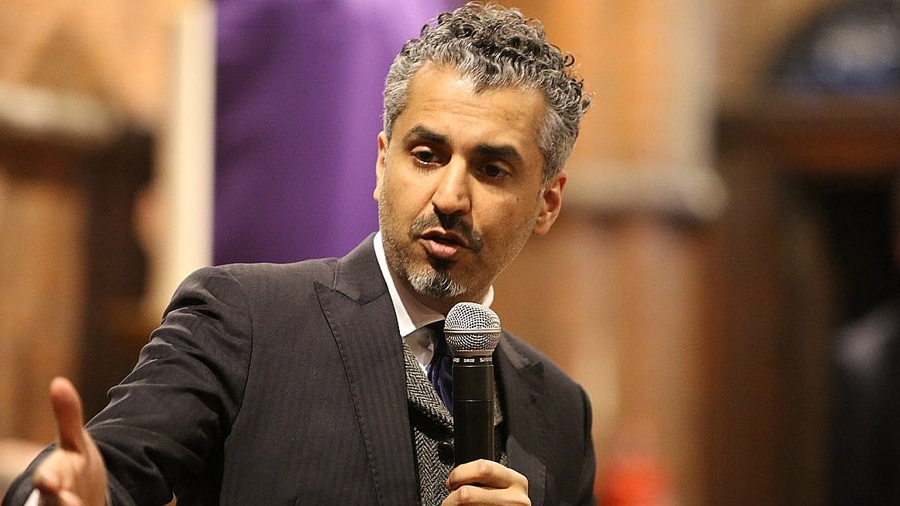Kraken CEO Jesse Powell has slammed the Canadian government’s decision to seize funds from its citizens’ bank accounts without due process. He revealed that Kraken would be forced to comply with asset seizure requests and warned users to get their coins and cash off centralized exchanges.
Kraken CEO Speaks Out
Jesse Powell has come out in opposition to the Canadian government.
In a tweet posted Thursday evening, the Kraken CEO criticized the recent emergency orders from the Justin Trudeau’s government that enable authorities to seize funds from Canadian citizens’ bank accounts without court orders. By invoking the Emergencies Act, the Canadian government aims to cut off funding to the Freedom Convoy protestors, who have blocked several key transit routes in protest of the country’s ongoing Covid-19 mandates.
Due process is for plebs. Might makes right in Canada. If someone dissents, you just confiscate their wealth, revoke their licenses, exclude them from the financial system and kill their pets. No need to debate the law, policy or even rights when you have a monopoly on violence. https://t.co/ksx9JpRwSg
— Jesse Powell (@jespow) February 17, 2022
“Due process is for plebs. Might makes right in Canada,” Powell stated, referring to how the Canadian government is willing to bypass due process and allow the seizure of funds without a court order. The Deputy Prime Minister Chrystia Freeland revealed in a statement to the press Thursday that the Canadian government had started freezing bank accounts, seizing funds, and canceling the financial services of individuals linked to the Freedom Convoy protests.
In a follow-up tweet, Powell warned that Kraken and other centralized crypto exchanges would be forced to comply with law enforcement if asked to freeze deposits from certain crypto addresses. In response to user @degderat asking if Kraken would be put in a position where it is told to freeze assets by the police without judicial consent, Powell responded:
“100% yes it has/will happen and 100% yes, we will be forced to comply. If you’re worried about it, don’t keep your funds with any centralized/regulated custodian. We cannot protect you. Get your coins/cash out and only trade p2p [peer-to-peer].”
Earlier Thursday, Canadian authorities issued an order that blacklisted 34 crypto wallets linked to the Freedom Convoy. The wallets in question contain approximately $1.4 million worth of cryptocurrency. According to statements from the Royal Canadian Mounted Police, any funds sent from the wallets to FINTRAC-regulated exchanges would be immediately frozen.
Powell is the latest prominent figure in the crypto space to speak out against the Canadian government’s decision to seize funds from its citizen’s. On Tuesday, Coinbase CEO Brian Armstrong also tweeted his concerns over the recent developments in Canada while highlighting the importance of keeping crypto funds in a self-custodial wallet.
Others, such as Bitcoin analyst Plan B, have speculated that the situation in Canada could lead to another “Cyprus moment” for Bitcoin. In 2013 the price of the top cryptocurrency shot up when the Cyprus financial crisis led to fears of a run on the banks.
While a run on Canada’s banks currently looks unlikely, the recent bank account seizures from the Canadian government have highlighted the importance of decentralized monetary systems, both to those in the crypto space and onlookers from the general public. While Canadian authorities are able to block crypto transfers to centralized exchanges, peer-to-peer transactions of Bitcoin and Ethereum remain uncensorable.








